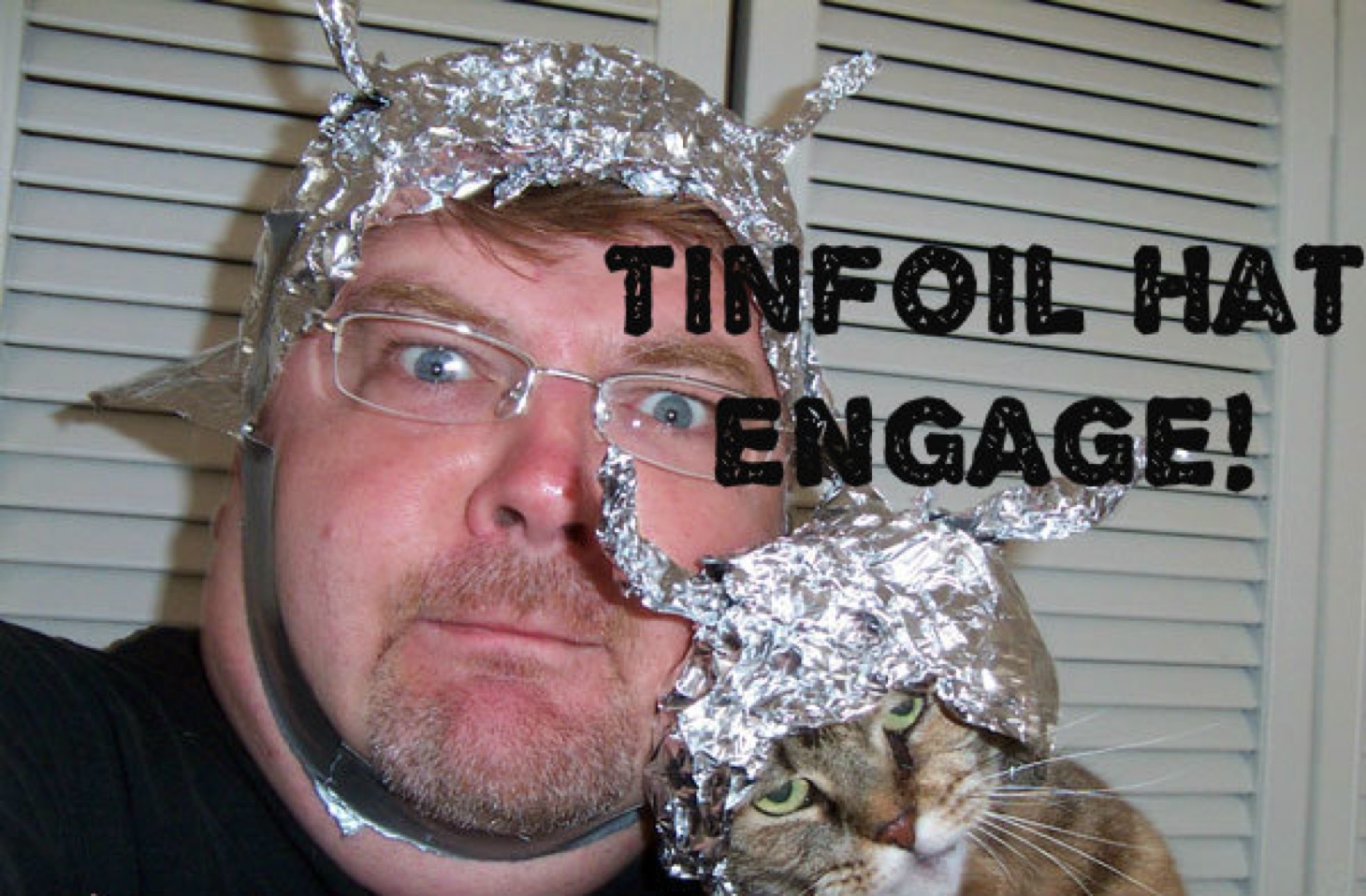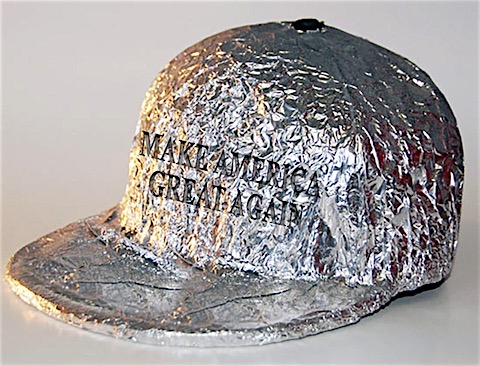tinfoil hat are a well-known representation of paranoia and conspiracy theories. Some individuals believe that by donning a tin foil helmet, they could avoid having their thoughts manipulated by hawaii.
Aluminum foil, which is known to resist electromagnetic radiation, was used to make these hats. Because of this, some conspiracy theorists now believe that wearing tin foil hats will shield them from chemtrails, mind control, and extraterrestrial abduction.
Paranoia
A mental health condition called paranoia results in an excessive feeling of distrust. Numerous things, including as heredity, trauma, suppressed emotions, and a brief history of abuse, might donate to its development. It may also be a side-effect of certain pharmaceuticals, such as antipsychotics or anxiety meds. People who have paranoia may have trouble trusting a doctor or psychiatrist and could decide never to seek therapy. A whole lot worse, they could be hesitant to take the drug. Psychotherapy, cognitive behavioral therapy, and group therapy are all types of treatment for paranoid.
Many conspiracy theorists choose tin foil hats since they think it'll shield them from paranormal dangers including government mind control, chemtrails, alien abduction, and others. They believe tin foil protects their thoughts from electromagnetic waves and radiofrequency (RF) that may result in diseases including cancer, dementia, and Alzheimer's.
Paranoid people often usually do not recognize that they have a problem and think that their anxieties are valid. Supporting them and urging them to get expert assistance are necessary. However, you shouldn't tell them they are crazy or out of touch since this might heighten their worry and cause them to become more suspicious of you. Instead, try to comfort them and offer to accompany them when they see their doctor or call the SANE line.
Unfounded hypotheses
It really is believed that wearing a hat coated with aluminum foil would shield electromagnetic radiation and stop the government from brainwashing and mind-reading its population. tinfoil hat is based on the idea that radio waves and electromagnetic fields may be stopped by way of a container composed of conductive material, much like the Faraday cage effect. However, this notion is not supported by any real scientific data and is mostly the consequence of pseudoscience.
A specific epistemic requirement is the conviction that important events must have been planned, and conspiracy theories fall under this category. When there is ambiguity so when evidence-based explanations have emerged as inadequate, they are more prevalent (Douglas et al., 2019). Conspiracy theorists are also more inclined to oppose government initiatives that aim to boost immunization rates or safeguard individual privacy (Jolley & Douglas, 2017).
tinfoil hats ?often make a tinfoil hat who identify as members of the "truth movement"?took to donning tin foil hats in an effort to escape what they see because the negative impacts of contemporary technology. This conduct is motivated by the notion that radio waves and electromagnetic fields may result in a variety of illnesses, including cancer. These people have using circumstances employed a variety of technological tools to get invisible radiation. While certain electromagnetic impulses are blocked by tin foil, it isn't as effectual as other materials.
EHS, or electromagnetic hypersensitivity

Some persons who wear tin foil hats genuinely have electromagnetic hypersensitivity (EHS), a serious disease that is often mistaken for paranoia and conspiracy ideas. Headaches, muscle pains, weariness, tingling in the hands or feet, tinnitus, nausea, a burning feeling in the chest, and irregular heartbeat are a number of the signs and symptoms of the condition. EHS victims have been able to obtain rest from their symptoms via a range of therapeutic options, regardless of the scientific community's dismissal of the ailment as psychosomatic.
EHS patients often utilize copper wire shielding to shelter themselves from radiofrequency radiation (RFR) as a way to treat their symptoms. Additionally, they assert that they avoid electronics like electric appliances, Wi-Fi routers, TVs, and cell phones that generate RFR. Some individuals even go as far as to avoid traveling out, booking resort rooms, or paying visits to friends and relatives whose houses are jam-packed with electronic devices.
It is significant to note that several research show that EHS patients exhibit unpleasant physical symptoms in reaction to particular environmental signals, even though mainstream science has generally discounted this illness. Therefore, it is essential that researchers create more accurate diagnostics to recognize EHS symptoms and lessen exposure to environmental triggers. Additionally, it's critical that those with EHS obtain the appropriate medical attention.

"The Illuminati"
The most prevalent conspiracy theories in recent times may be the Illuminati one. Governments, celebrities, and the whole globe are allegedly beneath the authority of the secret club. Some individuals claim that the NSA spying scandal and global warming are both the work of the Illuminati. The annals of the conspiracy hypothesis is extensive. During the counter culture movement in the 1960s, it originally gained popularity. It has served as the focus of novels, movies, and television programs.
The purpose of the actual Illuminati, that was established in 1776 by Adam Weishaupt, a disillusioned Bavarian Jesuit, is still unknown. Weishaupt claimed that the monarchy and the church were suppressing free thinking. The organisation was ultimately repressed and disbanded.
Many individuals now believe the Illuminati is still active. Government representatives and celebrities are often mentioned as members of the gang by those that subscribe to this belief. On the reverse of the united states dollar note, there is an image of a watch in a triangle, which some individuals think can be an Illuminati sign. They contend there are other places where the occult is concealed, notably in contemporary architecture and the layout of money.
Tin foil hat wearers declare that the caps shield them from the effects of electromagnetic radiation and fields. The headgear, they assert, protect their brains against mind reading and mind control. Despite having no scientific foundation, the tin foil hat myth has come to represent paranoia and belief in conspiracies.
